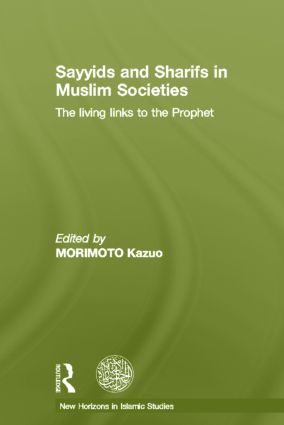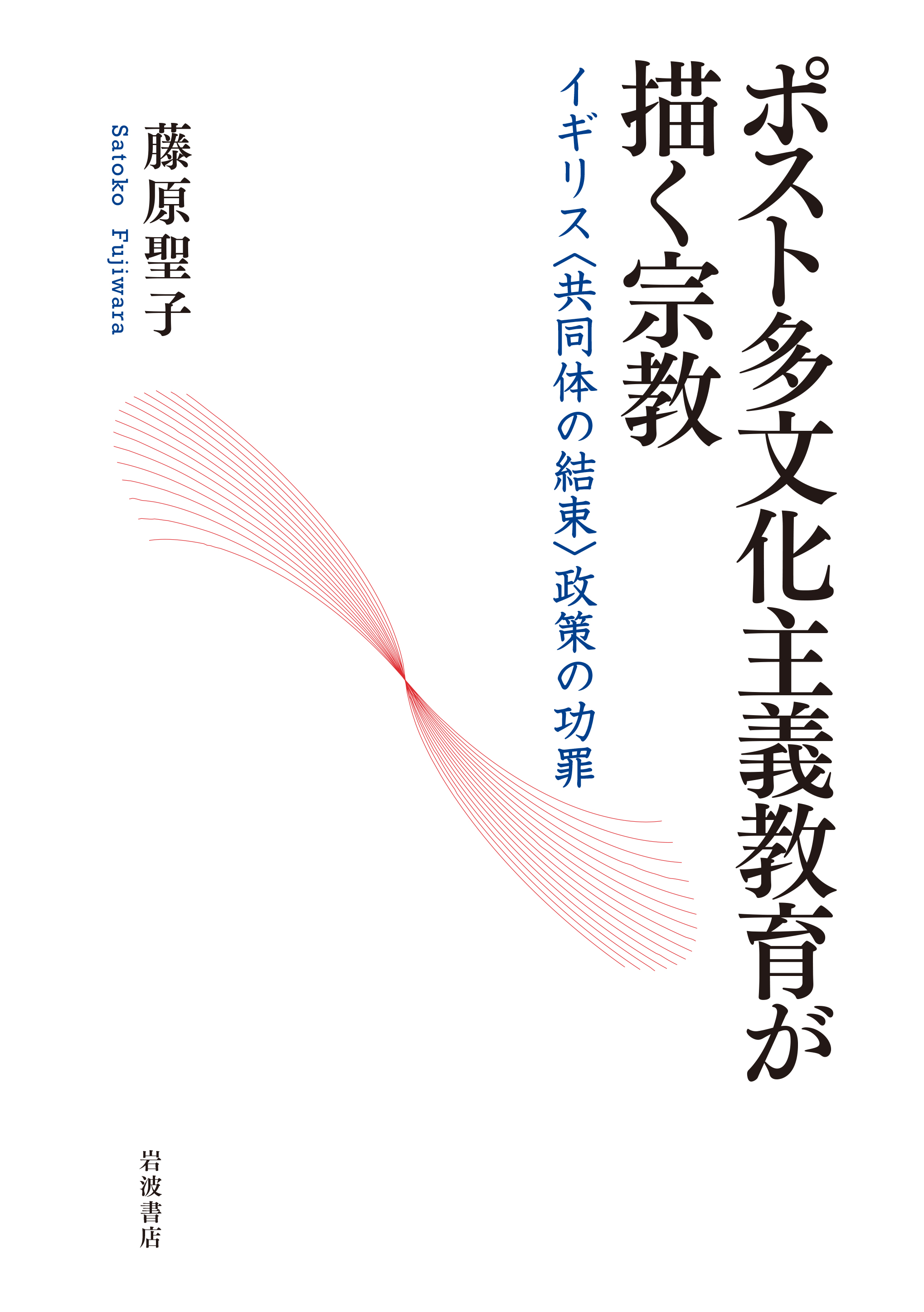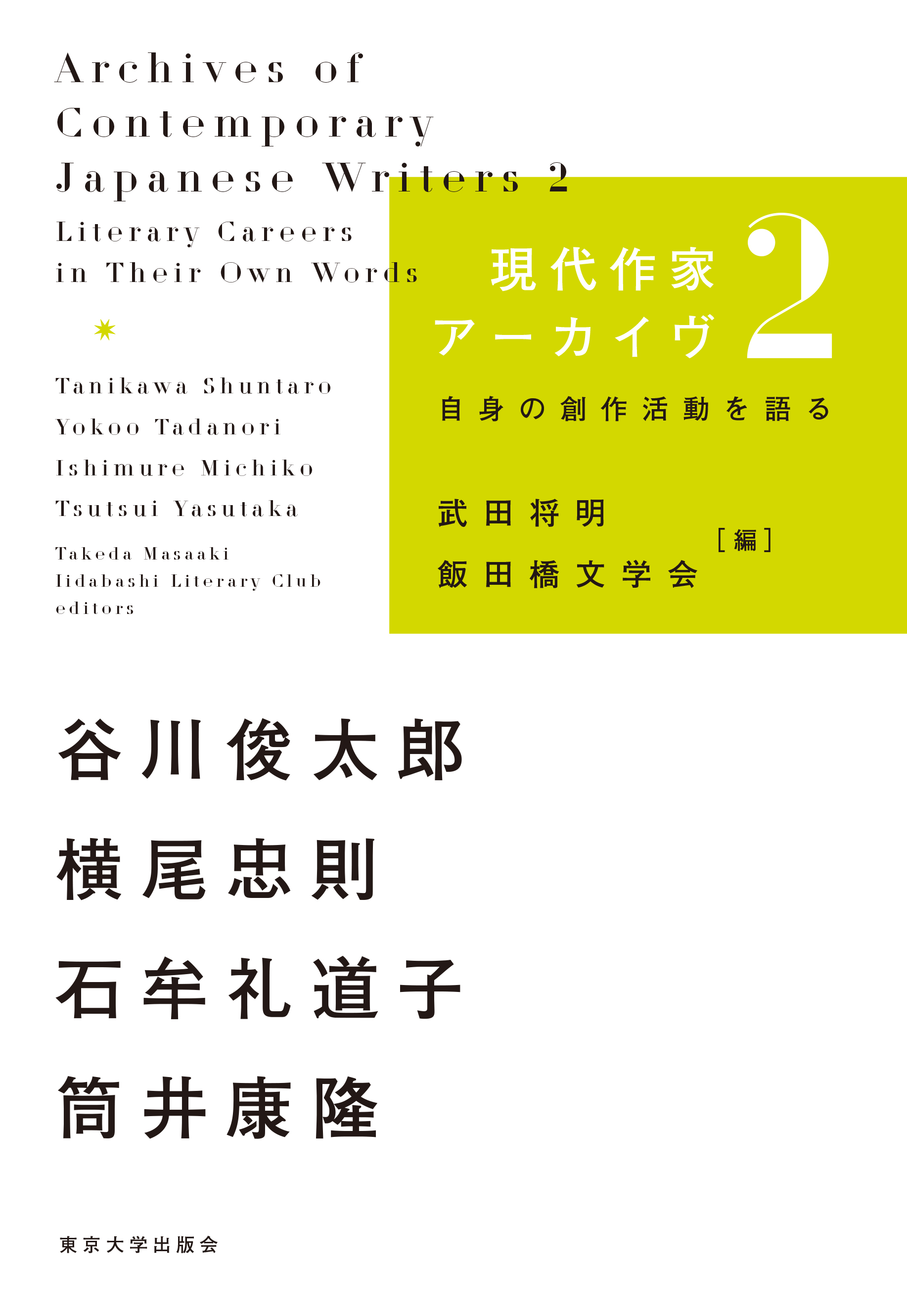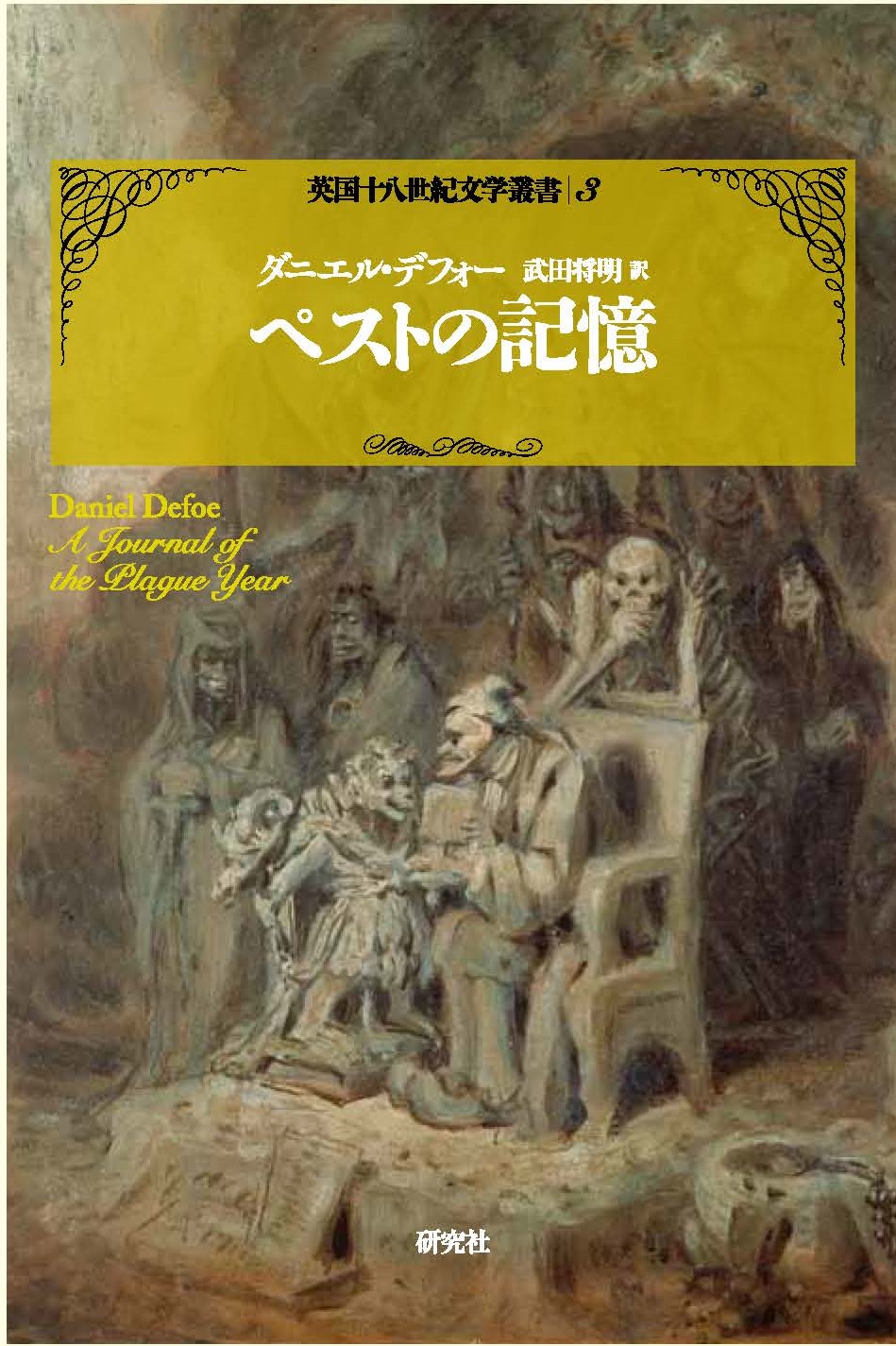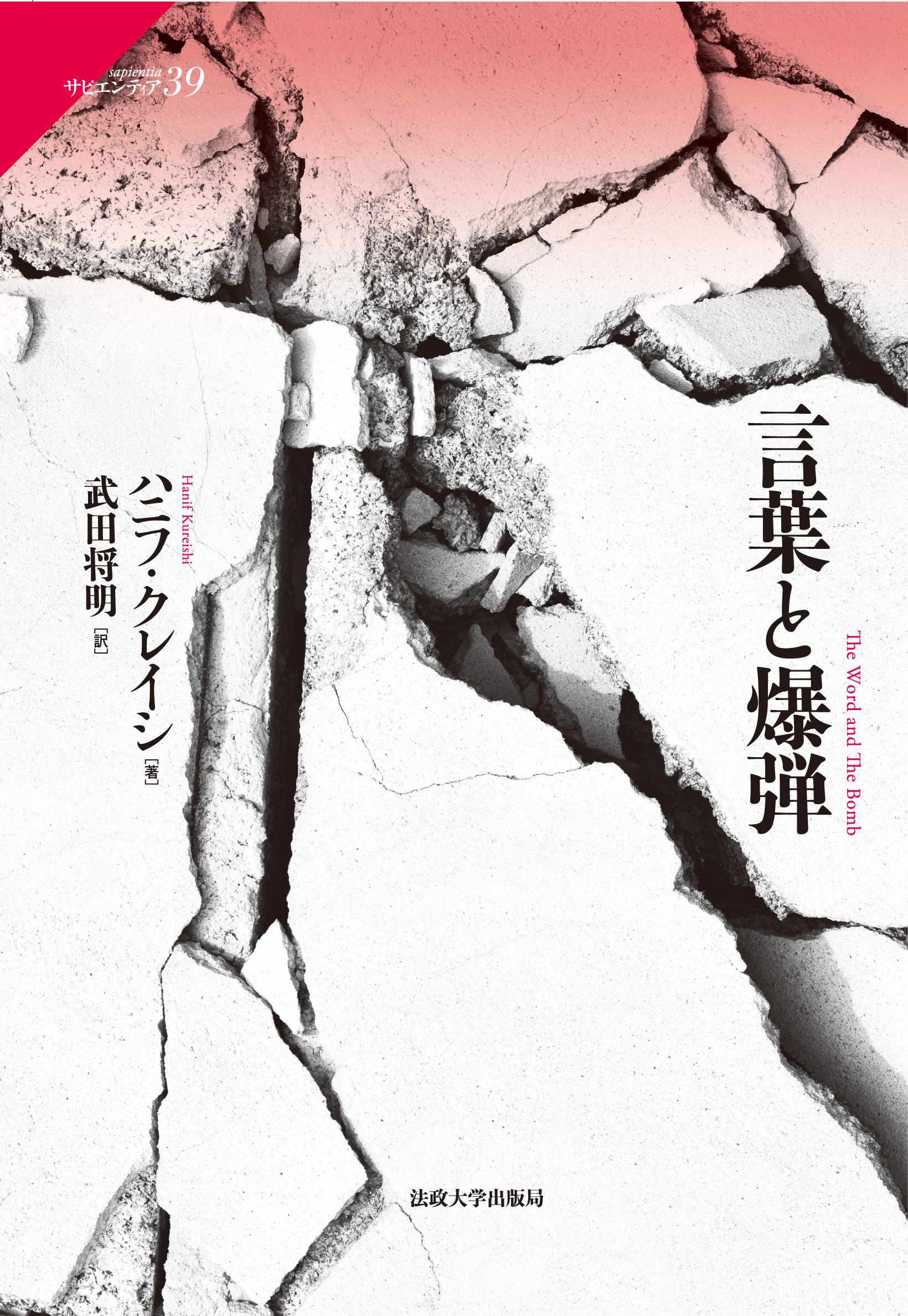
Title
Kotoba to Bakudan (Sapientia 39: The Word and the Bomb)
Size
230 pages, 130x188mm, hardcover
Language
Japanese
Released
May 29, 2015
ISBN
978-4-588-60339-6
Published by
Hosei University Press
Book Info
See Book Availability at Library
Japanese Page
The author, Hanif Kureishi, was born in 1954 in London. His father came from Mumbai in India, but immigrated to the UK and worked for the High Commission for Pakistan in London. His mother is English. Kureishi’s major work includes his autobiographical novel, The Buddha of Suburbia (1990). This novel is set against the rock’n’roll culture of the 60s to the 70s, and it vividly describes the prejudices surrounding second-generation immigrants and their struggles with their parents’ generation. Also touching on social taboos such as homosexuality, this novel is an ambitious piece of writing.
The original version of The Word and the Bomb was published in 2005. It was in a sense prophetic of contemporary society, which is gripped by the fear of terrorism. As a person who is familiar with Muslim and Western culture, Kureishi approaches the grave, serious problem—why the second-generation of Muslim immigrants falls for fundamentalism and succumb to committing terrorist acts. This book contains essays and fictions of various lengths, of which My Son the Fanatic, a short story, is considered to be one of the must-reads of the modern era. With realism, he depicts the story of collision between an immigrant from Pakistan, a taxi-driver, and his intelligent son, who attends a university in London. Contrary to the father’s expectation for the son to become successful in British society, the young man is disheartened by anti-Muslim incidents in the West, and finds affinity with Islamic fundamentalism. Following its initial launch in 1997, the book was turned into a film (with the same title) in the next year.
I was approached by the Hosei Univesity Press about translating this book in around 2008, before I assumed a teaching position at the University of Tokyo. I was not very keen initially, wondering why they asked me to translate a modern author’s novel, while I specialized in eighteenth-century British literature. The editor explained to me the importance of this work, and I was totally enthused in the end. The research for the translation also gave me in-depth insights into aspects of 60s and 70s British and American pop culture, the civil rights movement in the US and minority issues in the UK.
This being said, the book is not only addressing political and cultural issues from a previous age. Rather, the uniqueness of this book is in that, having been published in 2005, it points to the social problems of contemporary society as if it were a prophecy. Islamic fundamentalism, notably the Islamic State, is threatening many places in the world with terrorist attacks, and the impact is felt even in Japan. This book presents us with a first-hand perspective an insight into the rise of Islamic fundamentalism, which is a problem not familiar to most Japanese people. Also, as a half-Pakistani half-British author, Kureishi’s unique perspectives offer us rich resources for thinking about social issues in Japan, such as hate speech and discrimination against minorities.
(Written by TAKEDA Masaaki, Associate Professor, Graduate School of Arts and Sciences / 2017)



 Find a book
Find a book


